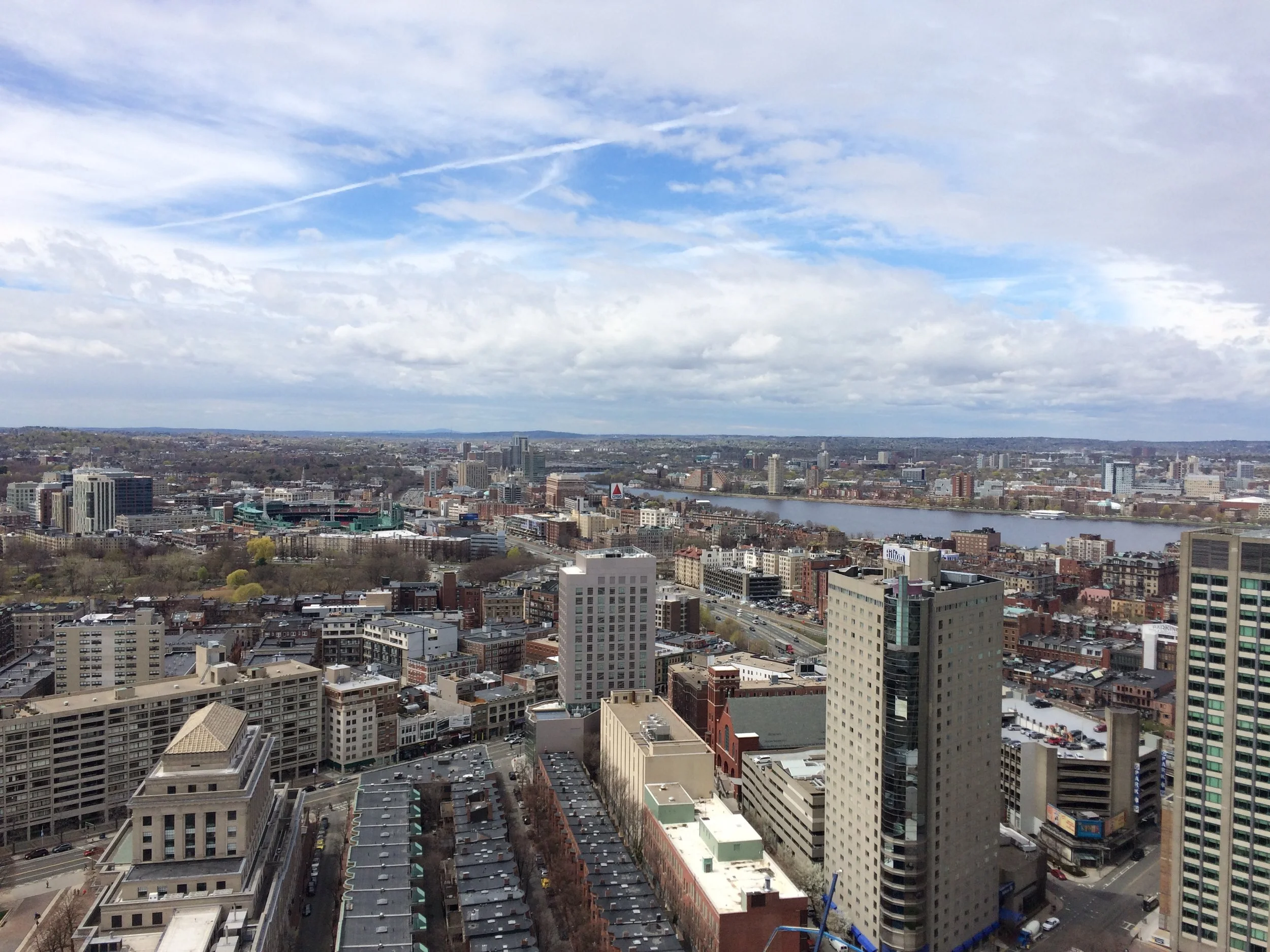
Built buildings are complicated. That’s why we’re a public-benefit lab.
Built Buildings Lab prioritizes projects advancing public access to knowledge of existing buildings and the unique roles they play in our lives.
Our expert team creates actionable insight through a sleuthing and tinkering mindset, investigating the buildings that underpin neighborhoods, campuses, and cities.
Our work supports community-based organizations, building owners, city governments, and practitioners actively integrating existing buildings into short- and long-term sustainability planning, policy-making, and cultural heritage practices.
No two buildings are alike! Built Buildings Lab tailors its approach to each circumstance, utilizing an evolving set of techniques to unlock the value of existing buildings.
Understand built buildings through dialogue and reflection.
Map and survey building stakeholders
Identify the barriers and opportunities to reusing and adapting existing buildings
Create and facilitate strategic and sustainability planning workshops
Collect, disseminate and diagram cases of building use, reuse, and adaptation
Plan for the care of built buildings.
Implement holistic, multi-criteria assessments
Model policy and standards for decarbonization and resilience
Use scenario planning to evaluate the outcomes of deferred maintenance, building deconstruction, salvage and reuse
Develop and visualize implementation roadmaps for managing existing building goals
Make knowledge about built buildings.
Estimate the avoided, embodied and whole-life carbon of building reuse
Model the life cycle impacts of new, existing, and demolished buildings
Map the materials flows of salvaged and reused building elements
Model building- and city-scale climate adaptation and resilience potential
Develop original indicator sets for evaluating building reuse outcomes
Perform co-benefits assessments to link climate, cultural, social, and economic outcomes.
Enhance your organization’s ability to assess built buildings.
Conceptualize calculators, tools and applications
Improve literacy on whole-life carbon estimation and life cycle assessment
Teach building reuse and heritage-informed decarbonization advocacy
Document organization-specific reuse guidelines and decision-making criteria